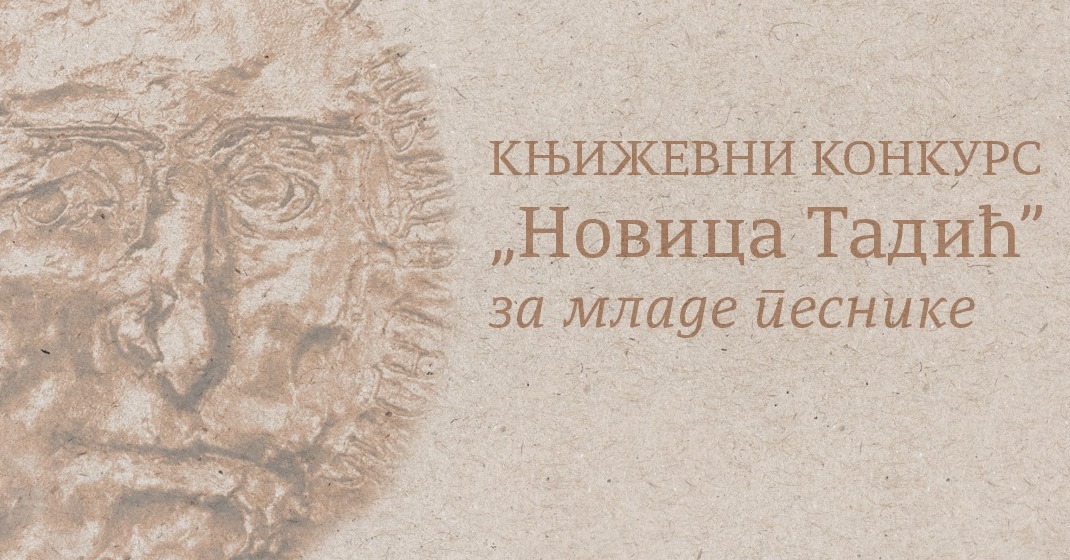Richness, variety, quality and availability of cultural contents, as well as their fascilitation, are crucially important for children because childhood is optimal age for adopting messages within cultural contents. On the contrary, lack of cultural contents has negative effects on personality development and development of the society. Active cultural participation in receprion and creation of cultural contents in cultural institutions and organizations is a key aspect of cultural planning. In the young age whiole participating in cultural activities person develops receptivity in variety of relationships in natural and social environments, as well as complexity of communicating and working with others regardless of professional orientation in the adult age. Young humans develop team spirit in which personal creativity is important not only on individual but also on a collective level. Additionally, active cultural participation in childhood is reflected on interest to participate in cultural activities in the adult life. Numerous research proved that a person who, for example, visited museums in childhoold will likely visit them in the adult life bringing along his/hers children. Also, a person would more likely bring his/hers children to cinemas, theatres, galleries, at concerts.
In 2020 a project Heritage of Cultural Participation would enters its fifth year of realization, but we do not think that it is completed because encouraging cultural participation of children is long-term task for everyone working in culture, in the widest sense of term culture. It is necessary to keep developing inovative approaches in encouraging children and youth to practice their right on culture. Representing special kind of cultural heritage, experiences from the past are helpful in the processes. The essence of (cultural) heritage concept is transmission of knowledge and skills to new generations so they can use them to develop introspection and personal creativity.
Project was launched following 30th anniversary of Institute for Cultural Development Studies’ research Cultural offer for children in Belgrade (Rosandić, Ignjatović – Savić i Mitrović 1984). It is important to note that cultural offer strongly shapes individual cultural needs and habits of all generations.
Review of rich archives about participatory programs such were: Drama Studio for Children „Škozorište“ and Studio for Creative Upbringing „Školigrica“ that were until 2006 for over 25 years activities of Cultural Centre “Stari Grad’ in Belgrade, “Meeting on Thursdays” in the House of Pioneers that lead to annual, still ongoing, festival “Joy of Europe”, and the living tradition of workshops at the Museum of African Arts in Belgrade, showed models of working with children whose methodology is nowadays still applicable and innovative. Archival materials about those programs may be seen as cultural heritage of its own kind. Having that in mind, as well as technological development that boomed in last decades, the idea was to create open digital database of resources for developing participatory programs for children. The database named “On Culture and Other Games for Children” was programmed containing two branches: programs developed by institutions and rganizations; and children games developed through generations as tools for education and developing children’s orientation in time and space. Database is still in developing process in terms of content uploading.
Our intentions about the database as an inspiration implied identification of
contemporary programs that particularly cultural institutions create as their offer for children. Having in mind the diversity of cultural institutions and organizations, up to 2019 we focused on museums because they are dedicated to protection of cultural heritage and transmission of knowledge about both tangible and intangible cultural heritage. In 2019 focus shifted to amateurs’ theatres who actively vreate plays with and for children and youth.
Now, at the begining of 2020 we are making a break to systematize data. Results of the 1st phase research are available here in Serbian.




